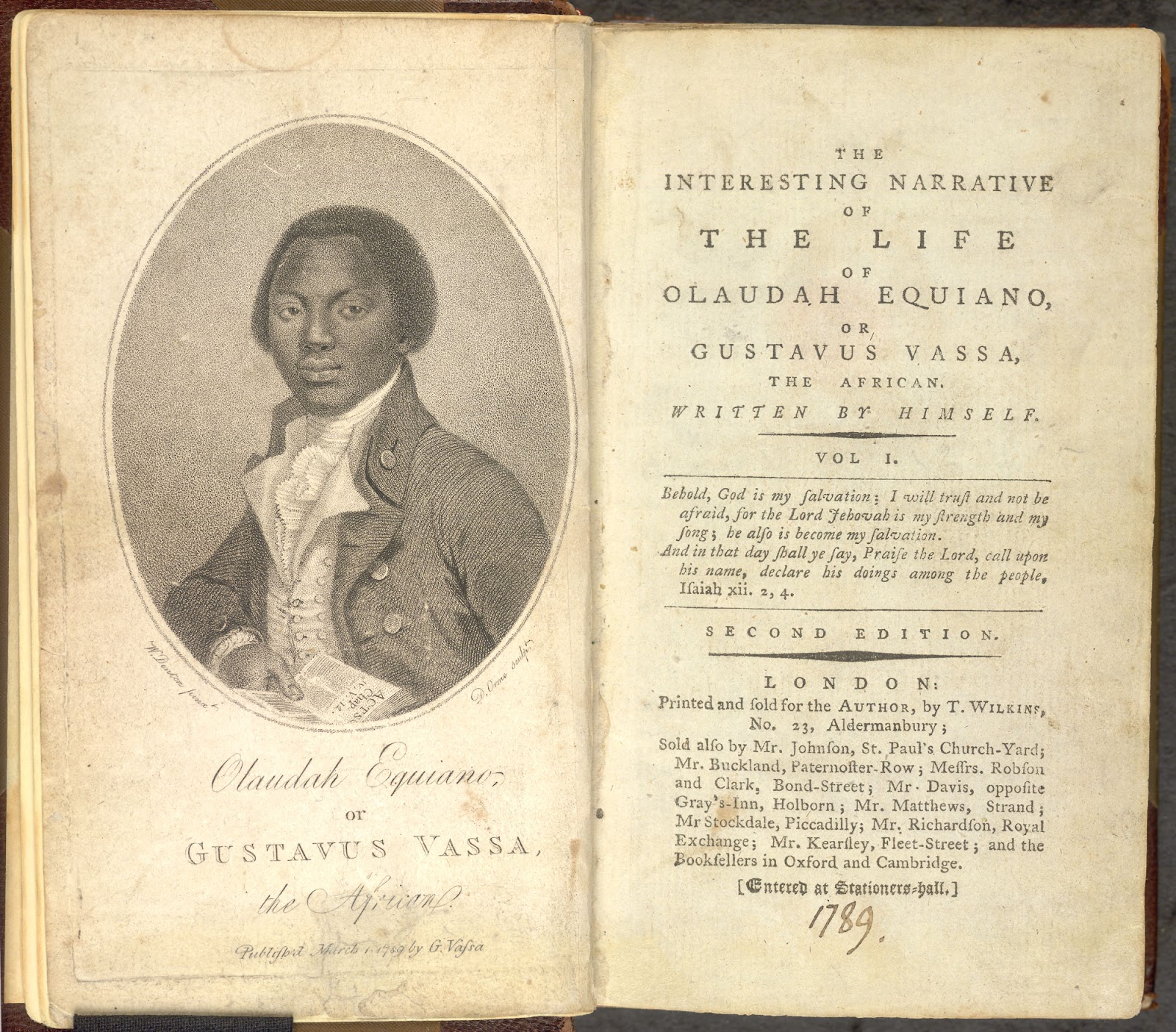Honestly, the approach would have made more sense to me if it was more a 50/50 split. I can just imagine sketching out an outline of the novel: "Two reasons that slavery should be abolished is that 1) it is immoral and 2) it denies Britain potential profits", with half the novel dedicated to each reason. Obviously, however, this is not the strategy that Equiano decided on.
So why the last-minute financial interjection? Perhaps Equiano realized he had a wonderful wordplay opportunity in connecting financial interests to his interesting narrative title, and wanted to close his book on that impression. Or maybe towards the end of writing he decided he needed a back-up plan: if his personal account wasn't moving enough to convince the British Lords to abolish the slave trade, maybe the lure of money would suffice.
As much as I appreciate Equiano's wordplay, the numerous "interest"-related words at the end of the novel complicated its meaning for me. I look forward to hearing everyone else's interpretations to see if it did the same.





Hi Heather, I also was surprised by that abrupt shift. It seemed like the appeal to logic was far too brief. It gave the final chapter an abrupt and unfinished-feeling ending. I could see a more 50/50 split being successful, but I also see the appeal to emotion being more effective for a wider audience. I wonder who Equiano thought he would be writing to. I noticed the "interest" related words as well but I honestly cannot say why he did that. Were those words also meant to reinforce his appeal to logic?
ReplyDeleteI think his deference to mentioning the financial benefits shows where Britain's interests are. A moral testament of the horrors of slavery should be enough to persuade a decent human being to change the system. However, Britain didn't work that way, like today finances motivated everything.
ReplyDeleteHey Heather, I appreciate hearing your confusion on this topic because I honestly read over it. I just assumed that, like you said, Equiano "decided he needed a back-up plan." While there could be some wordplay there, I still didn't focus too much on it. I believe that he wanted to include this argument to persuade members of his audience who rejected his emotional appeal.
ReplyDelete